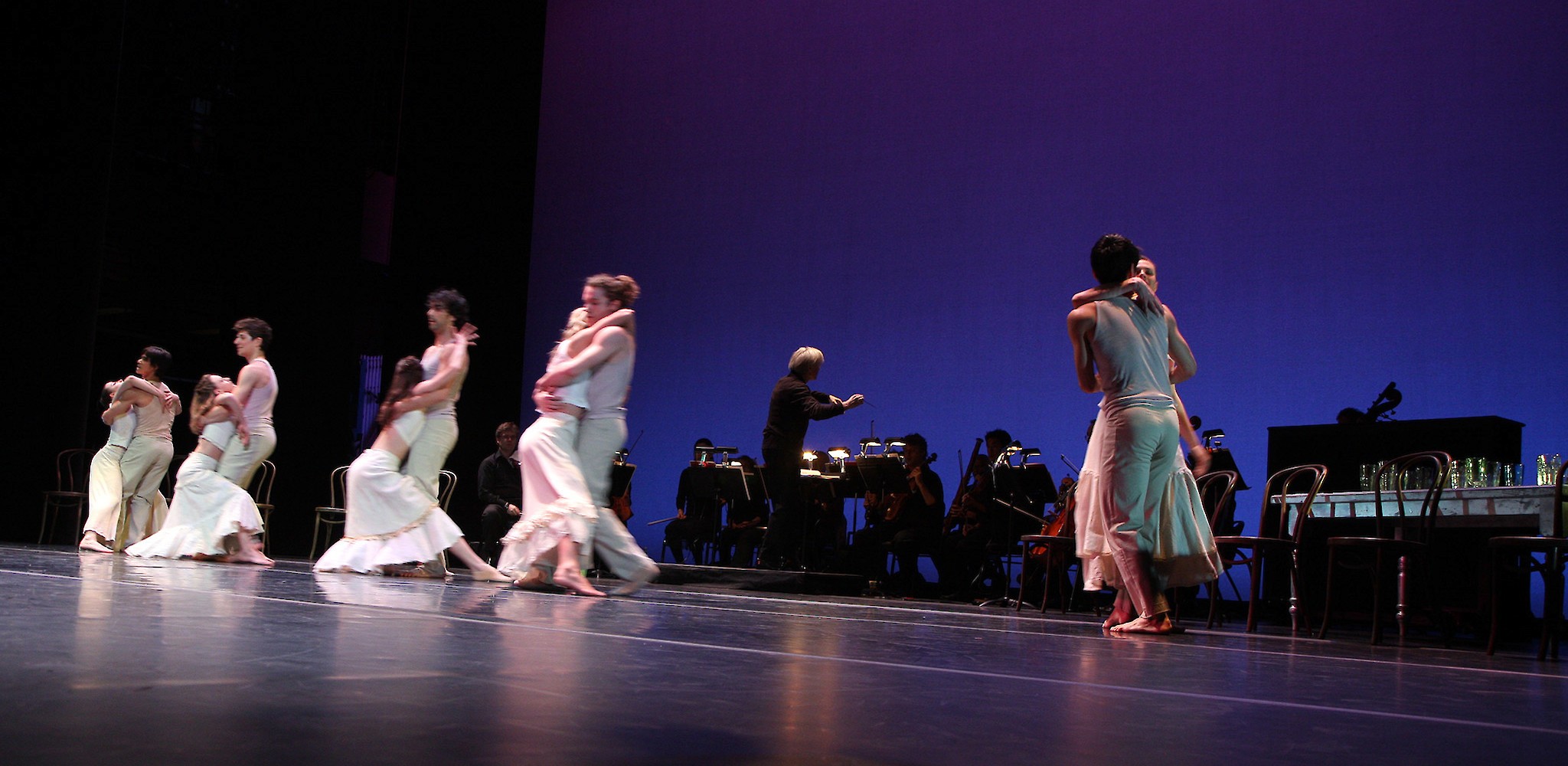Reflections on Silvestre Revueltas
Working on Spanish repertoire – the music with which I started my career as a conductor – has helped me to understand the music of all cultures. Consider the internationally popular Spanish filmmaker Pedro Almodóvar. The fact that Almodóvar is so unusual, so local (not just to Spain, but to Madrid), so true to his own vicinity in rendering feeling and experience – this is what makes him so universal. The more I studied the composers of Spain, the more I was able to appreciate the German or French repertoire – or, in the case of tonight’s concert, the music of Mexico.
What attracts me to Silvestre Revueltas, first of all, is that he is so Mexican, so completely local. When you listen to Revueltas, you smell the marketplace and taste the tamales. You are in a cantina – a piano bar – drinking tequila. And you are in a culture saturated with music, with marimbas and mariachis. Music is a continuous component of Mexican life. The young men of Mexico actually still serenade their girlfriends – with trumpets, violins, and guitars. In Mexico City, the Plaza de Garibaldi is filled with mariachis all playing at the same time; you go there to hire a band. The tamboras are often out of tune, with clarinets clashing with tubas. This is the sound of Revueltas. It also suggests something common to the Charles Ives – the clash of simultaneous bands — or to Gustav Mahler’s imitations of street musicians.
Revueltas’ is also the sound of Mexican popular singers like Chavela Vargas or Eugenia León, or of people in the streets and in the parks whose talking is always loud.
The soundtrack he wrote for the film Redes illustrates another facet of Revueltas. The big contrasts – earthy sounds, intimate pathos — are Mahlerian. Typically in Revueltas there is this quality of intimate compassion alongside all that is festive and noisy. You find it even in music as raucous as 8 x radio – the slow middle section, with its expresivo duet for clarinet and trumpet.
Revueltas’ writing for chamber ensemble is very original, very surprising. The handling of texture and color is always organic and well- organized. Revueltas, in Mexico, felt impelled to sail to Spain to take part in an anti-fascist Congress during the Spanish Civil War. He also composed Duelo, a dirge, in homage to the great Spanish poet Federico Garcia Lorca, slain in 1936 by Francisco Franco’s soldiers.

